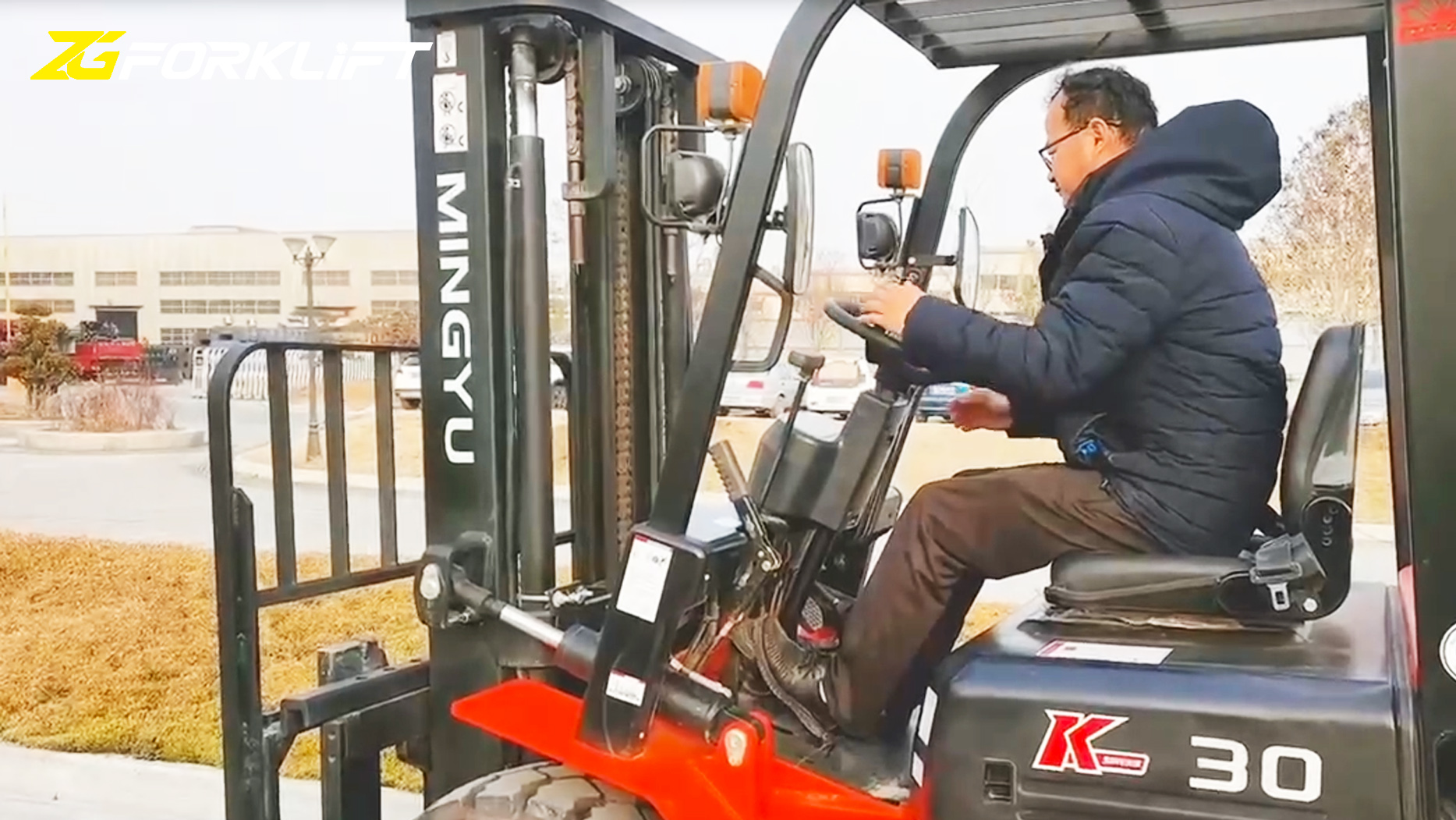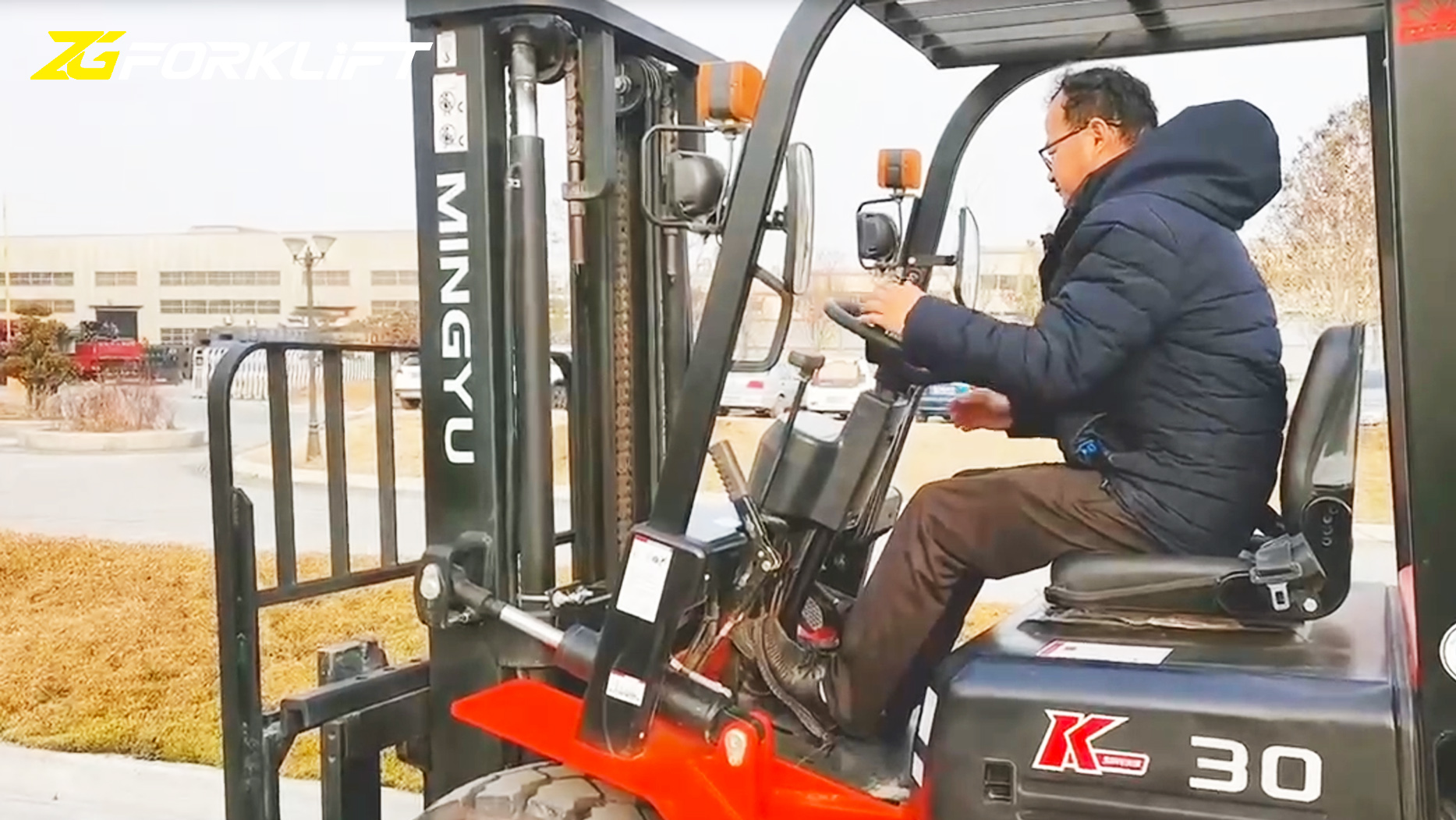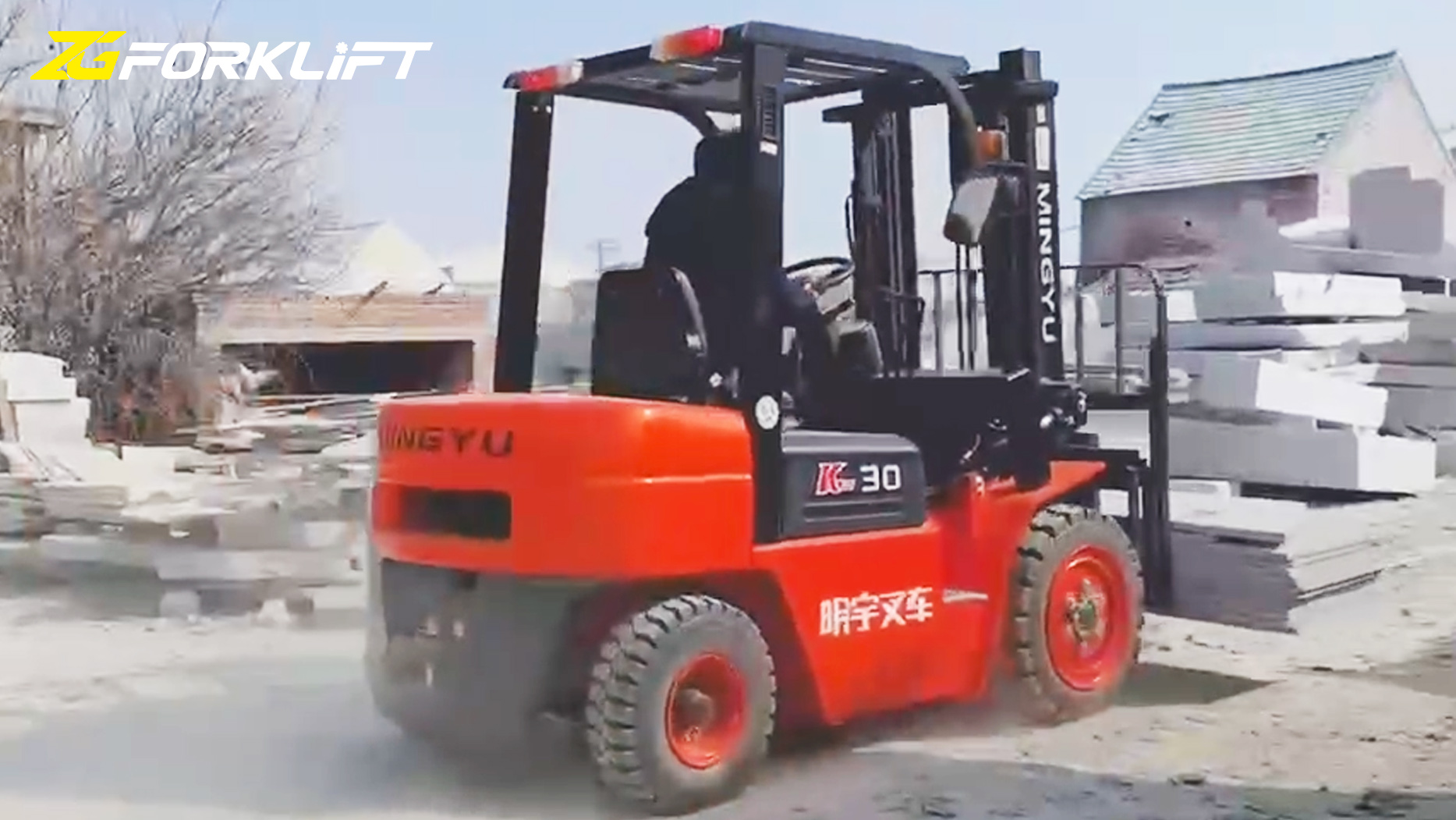The Disadvantages of Diesel Forklifts: A Critical Look
Diesel forklifts, while powerful and versatile, come with a set of inherent disadvantages that must be carefully considered before making a purchase decision. This article will delve into the key drawbacks of these machines, providing a comprehensive understanding of their limitations.
1. Environmental Impact:
Emissions: Diesel engines are notorious for emitting harmful pollutants, including:
Nitrogen Oxides (NOx): Contribute to smog and acid rain.
Particulate Matter (PM): Fine particles that can penetrate deep into the lungs, posing serious health risks.
Carbon Dioxide (CO2): A major greenhouse gas contributing to climate change.
Carbon Monoxide (CO): A colorless, odorless gas that can be fatal in high concentrations.
Indoor Air Quality: Operating diesel forklifts indoors can significantly degrade air quality, posing a serious health hazard to workers.
Environmental Regulations: Stringent environmental regulations are increasingly being imposed on diesel emissions, potentially leading to higher operating costs and compliance challenges.
2. Safety Concerns:
Fire Hazard: Diesel fuel is highly flammable, increasing the risk of fire in the event of a spill or leak.
Carbon Monoxide Poisoning: Operating diesel forklifts in poorly ventilated areas can lead to carbon monoxide poisoning, which can be fatal.
Noise Pollution: Diesel engines generate significant noise, which can be disruptive to workers and create a hazardous working environment.
3. Maintenance and Operating Costs:
Fuel Costs: Diesel fuel prices can fluctuate significantly, impacting operating costs.
Maintenance Costs: Diesel engines require regular maintenance, including oil changes, filter replacements, and other repairs, which can be costly.
Emission Control Systems: Modern diesel engines are equipped with complex emission control systems that require regular maintenance and can be expensive to repair.
4. Indoor Use Restrictions:
Ventilation Requirements: Operating diesel forklifts indoors requires adequate ventilation to minimize emissions and ensure worker safety. This can be expensive and challenging to implement in existing facilities.
Regulatory Restrictions: Many jurisdictions have strict regulations regarding the use of diesel forklifts indoors, limiting their applicability in certain environments.
5. Environmental Sensitivity:
Fuel Spills: Diesel fuel spills can contaminate soil and groundwater, causing significant environmental damage.
Noise Pollution: Noise from diesel forklifts can disturb wildlife and disrupt sensitive ecosystems.

6. Limited Sustainability:
Dependence on Fossil Fuels: Diesel forklifts rely on fossil fuels, a finite and non-renewable resource.
Environmental Impact: The extraction and transportation of diesel fuel contribute to environmental degradation.
7. Operator Comfort:
Vibration and Noise: The vibration and noise generated by diesel engines can contribute to operator fatigue and discomfort.
Heat Generation: Diesel engines generate significant heat, which can make the operator environment uncomfortable, especially in hot climates.
8. Technological Limitations:
Limited Maneuverability: Diesel forklifts can be less maneuverable than electric forklifts, particularly in tight spaces.
Slower Acceleration: Compared to electric forklifts, diesel forklifts may exhibit slower acceleration and top speeds.
Mitigation Strategies:
Emission Control Technologies: Utilize advanced emission control technologies, such as selective catalytic reduction (SCR) and diesel particulate filters (DPFs), to reduce emissions.
Regular Maintenance: Conduct regular maintenance to ensure optimal engine performance and minimize emissions.

Proper Ventilation: Ensure adequate ventilation in indoor environments to minimize emissions and maintain safe air quality.
Operator Training: Train operators on safe operating procedures, including proper ventilation and emergency response protocols.
Alternative Fuels: Explore alternative fuels, such as biodiesel and renewable diesel, to reduce reliance on fossil fuels.
Electric Forklifts: Consider electric forklifts as a more environmentally friendly and sustainable alternative for indoor applications.
Conclusion:
While diesel forklifts offer power and versatility, their inherent disadvantages, including environmental impact, MYZG solves all of these problems, By implementing mitigation strategies and exploring alternative solutions, businesses can minimize the negative impacts of diesel forklifts and create a safer, more sustainable material handling environment.
Post time:Jan.07.2025

